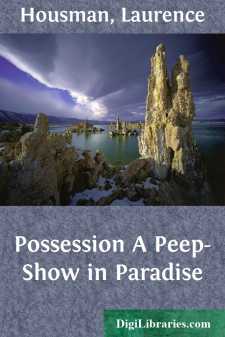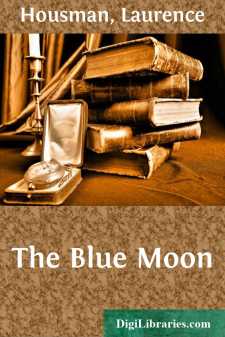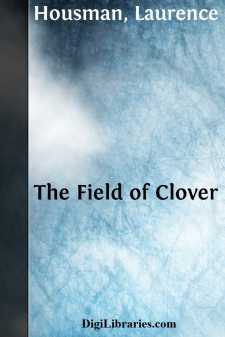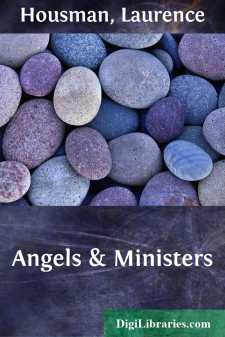Categories
- Antiques & Collectibles 13
- Architecture 36
- Art 48
- Bibles 22
- Biography & Autobiography 813
- Body, Mind & Spirit 142
- Business & Economics 28
- Children's Books 17
- Children's Fiction 14
- Computers 4
- Cooking 94
- Crafts & Hobbies 4
- Drama 346
- Education 46
- Family & Relationships 57
- Fiction 11829
- Games 19
- Gardening 17
- Health & Fitness 34
- History 1377
- House & Home 1
- Humor 147
- Juvenile Fiction 1873
- Juvenile Nonfiction 202
- Language Arts & Disciplines 88
- Law 16
- Literary Collections 686
- Literary Criticism 179
- Mathematics 13
- Medical 41
- Music 40
- Nature 179
- Non-Classifiable 1768
- Performing Arts 7
- Periodicals 1453
- Philosophy 64
- Photography 2
- Poetry 896
- Political Science 203
- Psychology 42
- Reference 154
- Religion 513
- Science 126
- Self-Help 84
- Social Science 81
- Sports & Recreation 34
- Study Aids 3
- Technology & Engineering 59
- Transportation 23
- Travel 463
- True Crime 29
Our website is made possible by displaying online advertisements to our visitors.
Please consider supporting us by disabling your ad blocker.
Possession A Peep-Show in Paradise
by: Laurence Housman
Description:
Excerpt
Possession
Scene.—The Everlasting Habitations
It is evening (or so it seems), and to the comfortably furnished Victorian drawing-room a middle-aged maid-servant in cap and apron brings a lamp, and proceeds to draw blinds and close curtains. To do this she passes the fire-place, where before a pleasantly bright hearth sits, comfortably sedate, an elderly lady whose countenance and attitude suggest the very acme of genteel repose. She is a handsome woman, very conscious of herself, but carrying the burden of her importance with an ease which, in her own mind, leaves nothing to be desired. The once-striking outline of her features has been rounded by good feeding to a softness which is merely physical; and her voice, when she speaks, has a calculated gentleness very caressing to her own ear, and a little irritating to others who are not of an inferior class. Menials like it, however. The room, though over-upholstered, and not furnished with any more individual taste than that which gave its generic stamp to the great Victorian period, is the happy possessor of some good things. Upon the mantel-shelf, backed by a large mirror, stands old china in alternation with alabaster jars, under domed shades, and tall vases encompassed by pendant ringlets of glass-lustre. Rose-wood, walnut, and mahogany make a well-wooded interior; and in the dates thus indicated there is a touch of Georgian. But, over and above these mellowing features of a respectable ancestry, the annunciating Angel of the Great Exhibition of 1851 has spread a brooding wing. And while the older articles are treasured on account of family association, the younger and newer stand erected in places of honour by reason of an intrinsic beauty never previously attained to. Through this chamber the dashing crinoline has wheeled the too vast orb of its fate, and left fifty years after (if we may measure the times of Heaven by the ticks of an earthly chronometer) a mark which nothing is likely to erase. Upon the small table, where Hannah the servant deposits the lamp, lies a piece of crochet-work. The fair hands that have been employed on it are folded on a lap of corded silk representing the fashions of the nineties, and the grey-haired beauty (that once was) sits contemplative, wearing a cap of creamish lace, tastefully arranged, not unaware that in the entering lamp-light, and under the fire's soft glow of approval, she presents to her domestic's eye an improving picture of gentility. It is to Miss Julia Robinson's credit—and she herself places it there emphatically—that she always treats servants humanly, though at a distance. And when she now speaks she confers her slight remark just a little as though it were a favour.
julia. How the days are drawing out, Hannah.
hannah. Yes, Ma'am; nicely, aren't they?
(For Hannah, being old-established, may say a thing or two not in the strict order. In fact, it may be said that, up to a well-understood point, character is encouraged in her, and is allowed to peep through in her remarks.)
julia. What time is it?
hannah (looking with better eyes than her mistress at the large ormolu clock which records eternally the time of the great Exhibition). Almost a quarter to six, Ma'am.
julia. So late? She ought to have been here long ago.
hannah. Who, Ma'am, did you say, Ma'am?
julia. My sister, Mrs. James. You remember?
hannah. What, Miss Martha, Ma'am? Well!
julia. No, it's Miss Laura this time: you didn't know she had married, I suppose?
hannah (with a world of meaning, well under control). No, Ma'am. (A pause.) I made up the bed in the red room; was that right, Ma'am?
julia (archly surprised). What? Then you knew someone was coming? Why did you pretend, Hannah?
hannah. Well, Ma'am, you see, you hadn't told me before.
julia. I couldn't. One cannot always be sure. (This mysteriously.) But something tells me now that she is to be with us. I have been expecting her over four days....







